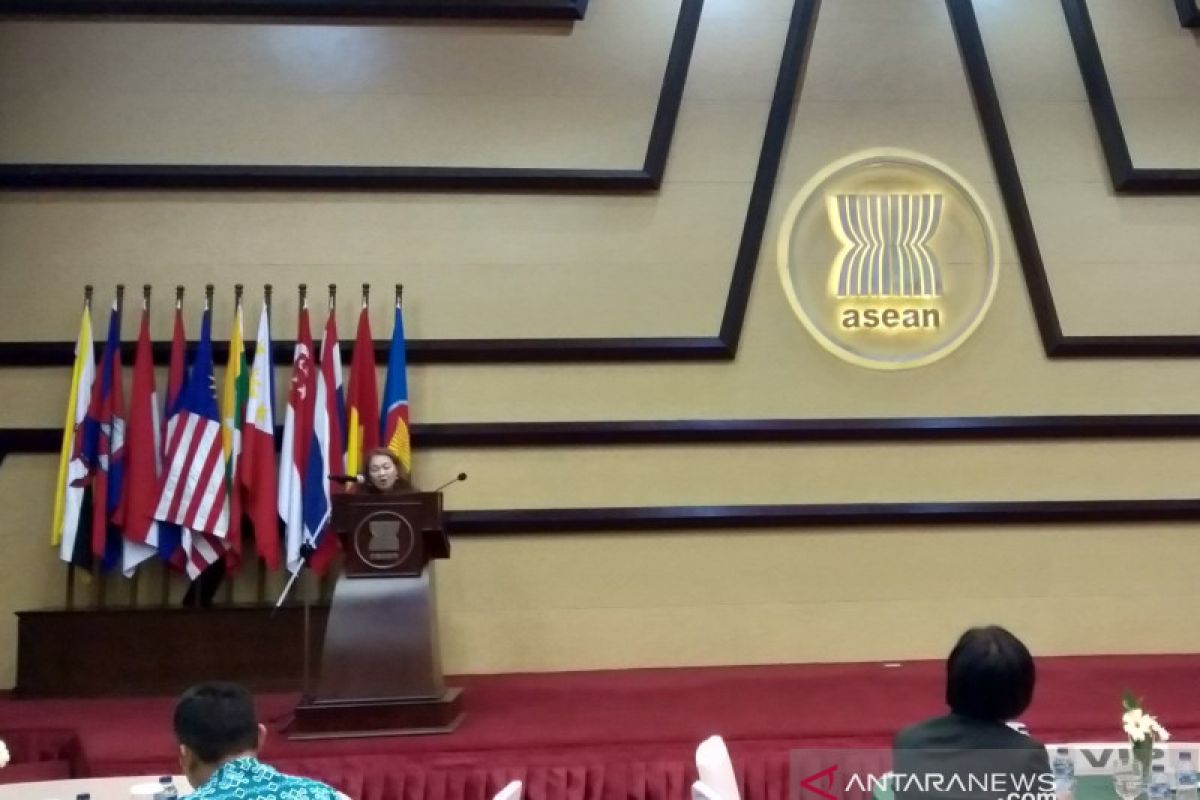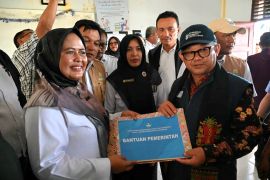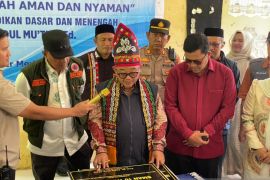"The drivers and root causes of child, early, and forced marriage (CEFM) vary significantly across regions and even within countries. But in nearly every context, child marriage is rooted in gender inequality and discrimination," Mustaffa said in a discussion on child early and forced marriage in the ASEAN Secretariat, Jakarta, on Wednesday.
Other drivers of CEFM include social and cultural norms and traditions with deeply entrenched beliefs around roles and values ascribed to women and girls.
Additionally, economic factors and systemic circumstances, such as the lack of opportunities for young people, particularly girls, to gain financial independence and engage in the social and public arena, drive families to force children to marry early.
It is reported that girls from poor families are nearly three times more likely to marry before the age of 18 than those from wealthy ones.
CEFM is acknowledged as a violation of children`s rights that disproportionately affects girls, she stated.
The Committee on the Rights of the Child and Committee on the Elimination of Discrimination against Women reaffirmed 18 years as the minimum age of marriage, emphasizing that child marriage, among other harmful practices, impairs the recognition, enjoyment, and exercise of the human rights and fundamental freedoms of women and children.
Girls who are married young also suffer negative impacts on their education, economic prospects, social lives, mental and physical health, as well as the health and nutrition of their children.
Editing by Suharto
Reporter: Azis Kurmala
Editor: Suharto
Copyright © ANTARA 2019












